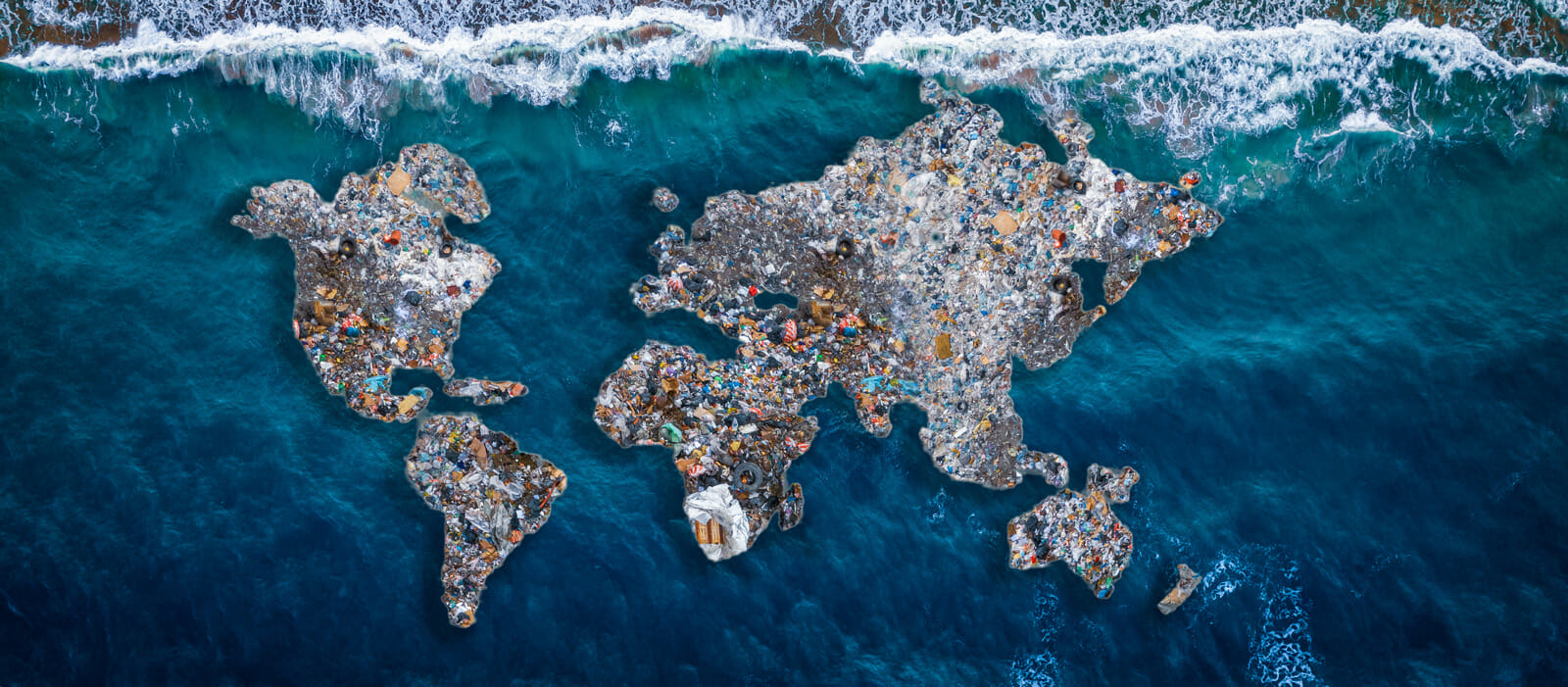
POLYPROBLEM Report of the Röchling Foundation and Wider Sense
Straws on Trial
Bans on single-use plastic items such as plastic bags and straws lead both to a noticeable reduction in littering of streets and beaches and to more intensive public discussion about sustainable consumption. The total amount of plastic waste, on the other hand, cannot be significantly reduced with so-called “plastic bans.”
This is the conclusion reached by the POLYPROBLEM report published by the non-profit Röchling Foundation and the consultancy Wider Sense in cooperation with the Wuppertal Institute for Climate, Energy, Environment. Titled “Straws on Trial,” the team of authors took a close look at the effect of government bans on single-use plastic products.
“Whether bans on certain products and their use are appropriate for addressing global ecological crises is a controversial question of principle. We wanted to know whether the effects go beyond a symbolic impact,” says Uwe Amrhein, foundation manager at the Röchling Foundation, outlining the objective.
To this end, the team of authors conducted research on three continents – in Kenya, California, and Germany – and developed case studies from discussions with experts.
Bans on certain single-use plastic articles have been in place for many years in most countries around the world. However, they are designed so differently and apply to different products that they have not yet led to a global phase-out of a particular item. According to the latest figures from the United Nations Environment Programme, 83 countries have banned the free distribution of plastic bags across the board. Another 61 countries have established production and import bans. 27 countries impose taxes on production, and 30 have surcharges for consumers. Despite this, the bag is still around.
Improved international coordination in government intervention in the market is therefore one expert recommendation from Kenya.
Another problem, which became particularly apparent when looking at Germany, is that a ban on single-use plastic is far from leading to a strengthening of the reusable systems, as consumer and environmental protection associations criticize in the study. A switch to single-use products made of other materials is often observed, but is usually not an ecologically sensible solution.
That is why integrating so-called plastic bans into an overall strategy is probably the most important recommendation for action in the new POLYPROBLEM report.
“If plastic bans are to lead to cleaner beaches and less littering of the oceans, then there needs to be clear ideas about how to address the other discharge pathways as well. If this is to support other, perhaps even more relevant goals such as climate and resource protection, then clear ideas are also needed here as to what role plastic should play in a future climate-neutral and resource-efficient circular economy,” writes Dr. Henning Wilts, a circular economy expert at the Wuppertal Institute, in his summary.
An overall observation in all regions studied was, however, that citizens approved of the restrictive measures and that the discussion about sustainable consumption was noticeably revived. However, even though a respectable amount of banned products reduced, it did not specifically reduce the total entity of the plastic waste within the evaluated regions.
Click here to download the POLYPROBLEM Report Straws on Trial.
The POLYPROBLEM Report is also available for download at polyproblem.org and widersense.org.

